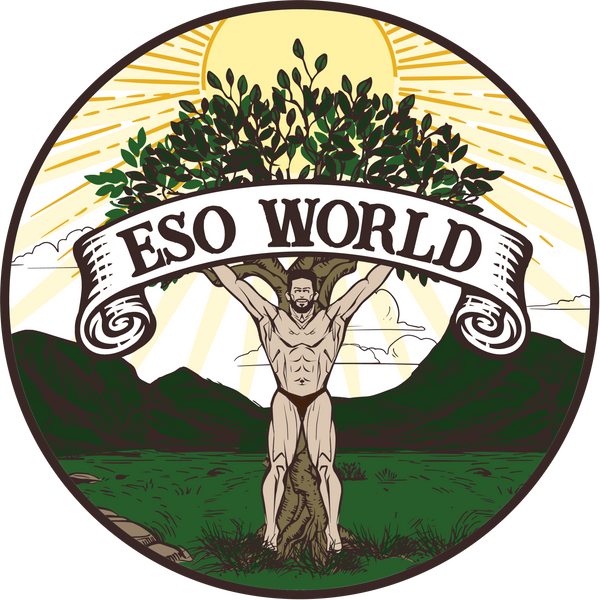In a world where convenience often trumps quality, it's easy to overlook the importance of what we put into our bodies. But the truth is, not all food is created equal. When it comes to farming, the choice between conventional and organic methods can make a world of difference for your health and the environment. Here’s why you should make the switch to organic.
Most conventional farming practices today rely heavily on chemical fertilizers to boost crop yields. On the surface, this seems like a practical solution to meet the demands of our growing population. However, there's a dirty little secret lurking beneath the soil. Over time, the relentless use of these fertilizers has led to a severe depletion of essential minerals in our farmland. This mineral depletion is a silent crisis that compromises the nutritional value of the food we consume.
You see, fertilizers are like a fast food diet for plants. They provide the basic nutrients—primarily nitrogen, phosphorus, and potassium—that plants need to grow. But just like a diet of burgers and fries, they don't supply the full spectrum of nutrients required for optimal health. Plants grown in depleted soil with synthetic fertilizers may look healthy and bountiful, but they lack the deep-rooted vitality that comes from nutrient-rich soil.
When you buy organic, you're choosing food that's grown in soil that's nurtured and replenished. Organic farming practices prioritize the health of the soil through natural composting, crop rotation, and the use of organic matter. These methods ensure that the soil is teeming with life and packed with a diverse array of minerals and nutrients. The result? Plants that are not only healthy but also nutrient-dense, providing you with the vitamins and minerals your body needs to thrive.
Consider this: the fruits and vegetables you buy at the store might look vibrant and fresh, but their nutrient content can be surprisingly low. Studies have shown that the mineral content of conventionally grown produce has significantly decreased over the past few decades. This is largely due to the degradation of soil health caused by industrial farming practices. By choosing organic, you are ensuring that you are getting more bang for your buck in terms of nutritional value.
But the benefits of buying organic go beyond just personal health. Organic farming is also better for the planet. It promotes biodiversity, reduces pollution from synthetic chemicals, and helps combat climate change by sequestering carbon in the soil. Every organic purchase is a vote for a healthier, more sustainable world.
Moreover, organic farming avoids the use of harmful pesticides and genetically modified organisms (GMOs). Pesticides, often used in conventional farming, can leave residues on food and have been linked to a range of health issues, from allergies to more severe chronic conditions. GMOs, while touted for their potential benefits, come with their own set of controversies and health concerns. By choosing organic, you steer clear of these risks and support farming practices that are in harmony with nature.
Another key benefit of organic produce is the presence of high-quality natural bacteria on the plants. These beneficial bacteria are essential for maintaining a healthy gut microbiome. A diverse and balanced gut microbiome is crucial for digestion, immune function, and overall well-being. When you consume organic fruits and vegetables, you're not just getting the nutrients from the food itself, but also the natural probiotics that help support your gut health.
So, next time you're at the grocery store or farmer's market, think about the journey your food has taken. Consider the soil it was grown in and the farming practices used to produce it. By choosing organic, you're not just buying food—you're investing in your health, supporting sustainable agriculture, and making a positive impact on the environment.
Remember, real nutrition comes from real food grown in real, healthy soil. Make the switch to organic today and reap the benefits of food that truly nourishes you from the ground up.






